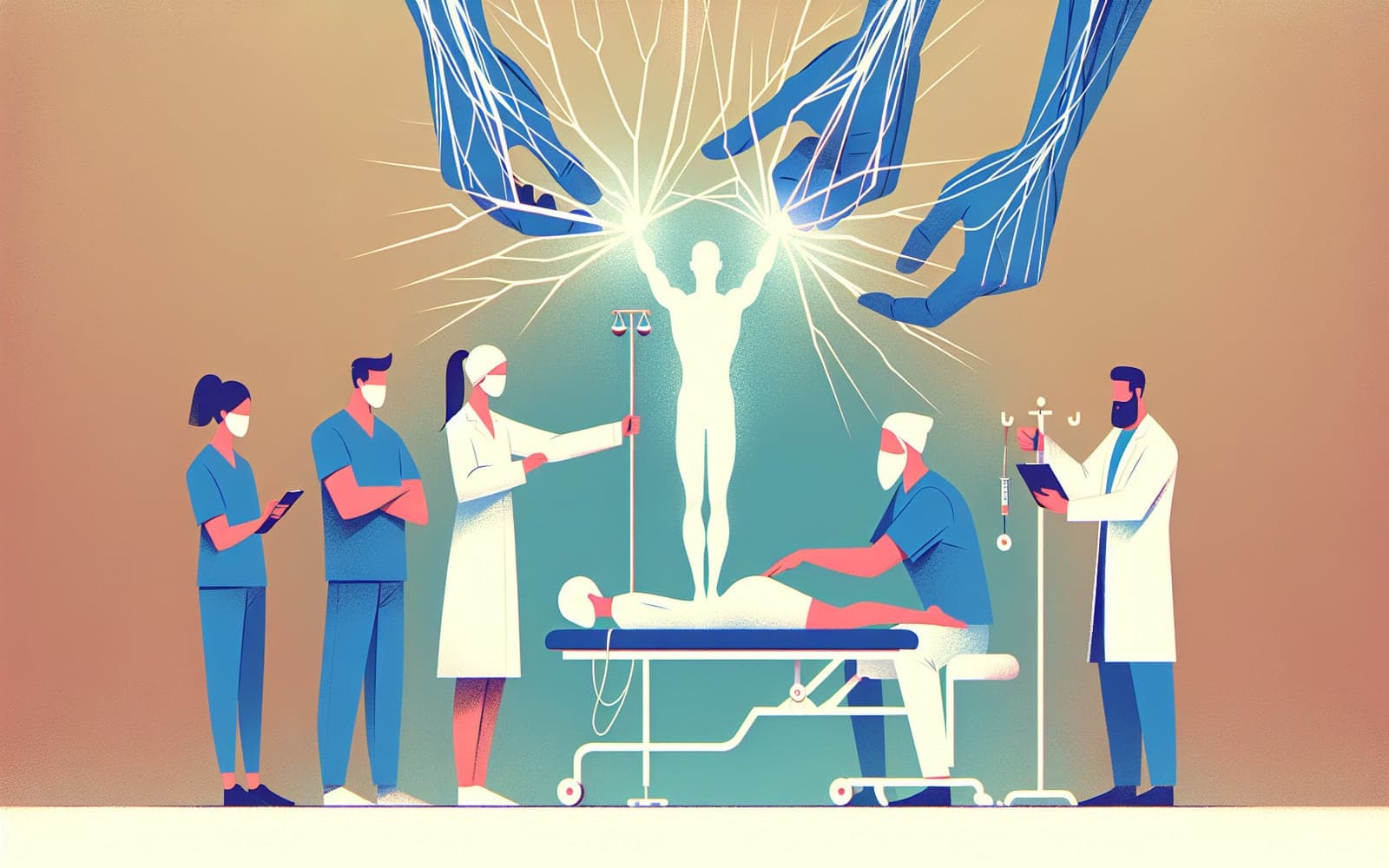Physical Therapy: Your Secret Weapon Against Nerve and Muscle Problems?
Published: Sep 15, 2023

Medically reviewed by Michelina Stoddard | MD, Ph.D, Joan & Sanford I. Weill Medical College of Cornelle University - San Antonio, Texas on September 15th, 2023.
Physical therapy is a non-invasive treatment that can help manage various nerve and muscle disorders. It's like a gym workout for your nervous system, designed to improve function and reduce symptoms.
Contents
How It Helps
Physical therapy can improve strength, flexibility, and coordination in people with nerve and muscle disorders. It may also help reduce pain and prevent further damage. For conditions like peripheral neuropathy, therapy can improve balance and reduce the risk of falls. In cases of muscle weakness, targeted exercises can help maintain or improve muscle function.
What to Expect
A typical physical therapy session might include exercises, stretches, and other techniques like massage or electrical stimulation. Your therapist will create a personalized plan based on your specific condition and goals. Sessions usually last 30-60 minutes and may be scheduled several times a week. You'll likely also receive exercises to do at home.

When It's Used
Physical therapy is often recommended for conditions like carpal tunnel syndrome, peripheral neuropathy, and muscular dystrophy. It can be particularly helpful in managing chronic conditions or in rehabilitation after an injury or surgery. Even if physical therapy can't cure the underlying condition, it can often improve quality of life and daily functioning.
Frequently Asked Questions
It shouldn't be painful, but you might feel some discomfort.
It varies, but many people notice improvements within a few weeks.
Yes, your therapist will likely give you exercises to do at home.
Key Takeaways
Physical therapy can be a powerful tool in managing nerve and muscle disorders, often improving function and quality of life.
Curious about whether physical therapy could help your condition? Discuss your options with Doctronic today.Related Articles
References
American Physical Therapy Association. Physical Therapist's Guide to Neuromuscular Disorders.
Mayo Clinic. Physical therapy.
This article has been reviewed for accuracy by one of the licensed medical doctors working for Doctronic. Always discuss health information with your healthcare provider.

